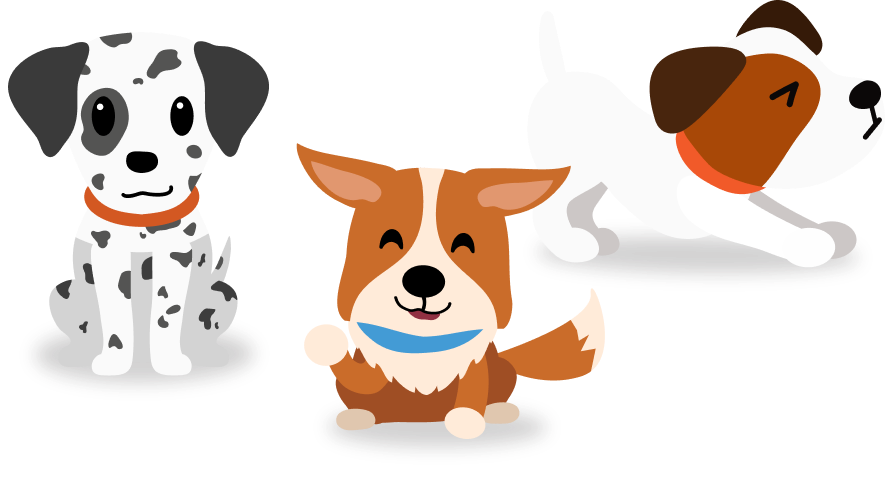
The Mental Health of young people is a global problem. We know this: Let's start fixing it!
WOOF is on a mission to impact the wellbeing of our youth at scale. As a WOOF class, you join the mission to understand the patterns that systematically impact students and classes negatively - in order to break them.
Create a free user
The teachers' movement has already started 🐶
1112
WOOF schools
Now we know that:
As soon as you WOOF, you join the “WOOF movement”. If you have even more ambassadorship in you: tip other teachers!
What we are up to...
Students are different, classes are different and teachers and educators are different. Therefore, there is not one method or one theory that fits all classes either. WOOF is a tool to support your well-being work at schools and in classes when you work with all sorts of different things, including WOOF's course and activities.
Although WOOF does not stem from one specific theory, there are still a number of things that we focus on. You can read about them below
The voice of the students
We focus on listening to the students and involving the students actively in the work with well-being and the class community. When efforts are based on the students' inputs, they tackle the things that matter to the students, and the well-being work becomes relevant for the students. It is our experience (which is backed up by research) that when students are co-creators in the class' well-being work, they take more ownership and more responsibility, and the efforts work better. When students are involved in well-being work, they simultaneously gain experience in taking care of their own and the class's well-being and strengthen their own confidence in being able to take responsibility in their own lives.


Good class communities and shared responsibility for each other
Pupils do not choose their class themselves, but the feeling of cohesion and community is one of the most important things for whether pupils thrive in school. Research further shows that strong and inclusive class communities prevent and reduce bullying and insecurity at school.
At WOOF, the community is at the center and the students are completely anonymous. When you work with the community as a starting point, it takes the focus away from the individual student and turns the well-being of the class into a joint project, where the class helps each other so that everyone feels good in the class.
Play and motivation
The welfare work should ideally be both fun and motivating. When well-being work is fun, it invites more people to take part in the community, it removes the focus from "mistakes'', and it creates something positive to be shared about. At the same time, the well-being work also becomes much easier and more fun for the teachers and educators when the students think it's fun.


Structured approach
The school is busy and sometimes initiatives and efforts fall through the cracks or are not followed through. We focus on creating tools that make it easier to make structured efforts, where it becomes easy to have a clear focus and easy to regularly follow up on the efforts that are initiated - both when the work is preventive and when the well-being work requires harsher means in use.
Cooperation and common direction
Well-being efforts and the development of good class communities require that the adults around the class have a common direction in the well-being work. But in a busy everyday life it is difficult to coordinate and keep the common focus.
At WOOF, we focus on creating tools that make it easy to collaborate and find common ground for the well-being work of the class and the school, so that teaching teams can more easily succeed in supporting each other in the well-being work.






